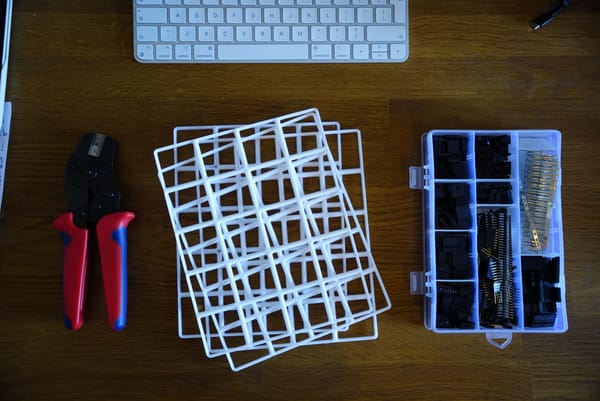Why AI Won't Revolutionise Education (And What Actually Might)

Let me tell you a story about hype. In 1922, Thomas Edison declared motion pictures would make textbooks extinct. Fast forward to 2025—we’ve got AI tutors in every pocket, yet students still struggle with fractions. Surprised? You shouldn’t be. For over a century, we’ve played this game with radios, TVs, laptops, even VR headsets. They all promised to revolutionise learning, and they all failed for the same reason: education isn’t about information delivery.
Here’s the kicker—your brain doesn’t care about flashy tech. It learns the same way cavemen did: through gritty, uncomfortable practice. I’ve watched kids in Singapore’s AI math labs grind through 50 equation variations in a session, sweat dripping onto their paper worksheets. The computers generate endless problems, but the real magic? Those ink-stained fingers doing the work.
The Myth of the Easy Button
“But ChatGPT writes essays better than my students!”
Sure, and GPS navigates better than you. Remember what happened when we stopped teaching map reading? Cities full of adults who panic when their phone dies. Last month, a Stanford study found students using AI essay helpers couldn’t structure an argument without them.
AI’s great at shortcuts, but learning requires the... long cut. Derek Muller nailed it in his Perimeter Institute talk: “The pain is the product.” When you struggle to solve a trigonometry problem, you’re not failing—you’re physically rewiring your brain. Each frustrated groan builds neural pathways that no AI can shortcut.
Why Your Brain Hates Happy Pills
Remember Thinking Fast And Slow? Great book. Your brain has two modes:
- Autopilot (System 1): Instantly knows 2+2, rides a bike without thinking
- Manual mode (System 2): Solves new problems, holds about four ideas at once
Here’s the rub—System 2 is lazy. It’ll offload work to autopilot whenever possible. That’s why you can’t “critically think” your way through calculus without grinding through derivatives first. AI tutors that give answers too fast?
They’re like overeager gym buddies who finish your reps for you... you may feel accomplished but still get weaker.
The Coffee Shop Effect
University of Chicago researchers found something wild in 2024: students learn better in noisy cafés than silent libraries. Why? The buzz of human activity triggers our social learning instincts.
We’re wired to absorb knowledge in communities, not isolation. That’s why Zoom school left kids feeling adrift—and why the best AI tools now focus on connecting learners, not replacing teachers.
For the last 100 years, the issue has not been availability of information. Put it this way: the world is full of really heavy things, and yet not everyone is ripped.
How to Win the AI Game
- Treat AI like a sparring partner
Singapore’s math labs get it right—AI generates endless problem variations, but students still solve them manually. It’s like having a boxing machine that throws new punches each round. - Grade the struggle, not the product
Forward-thinking schools now assess students’ problem-solving processes using AI journals. Did they test multiple strategies? Persist through errors? That’s where real learning happens. - Resurrect the apprenticeship
Germany’s dual education system—where students learn on factory floors—is booming again. Why? Because watching a master mechanic diagnose engine trouble teaches more than any simulation. Now they’re pairing each apprentice with an AI that predicts tool needs, freeing mentors to focus on nuanced skills.
The Future Isn’t Sexy (And That’s Okay)
The next big edtech breakthrough won’t be a shiny gadget. It’ll be something boring like better lunch programs (hungry brains don’t learn) or smaller class sizes. A 2025 Harvard study found students with sub-20 class sizes outperformed AI-tutored peers by 37%—not because the tech failed, but because humans thrive on personal attention.
So next time someone raves about AI revolutionising education, smile and nod. Then go watch a kid finally nail a guitar chord after weeks of practice. That raw joy of hard-won mastery? No algorithm can replicate it. And honestly? Thank God for that.




